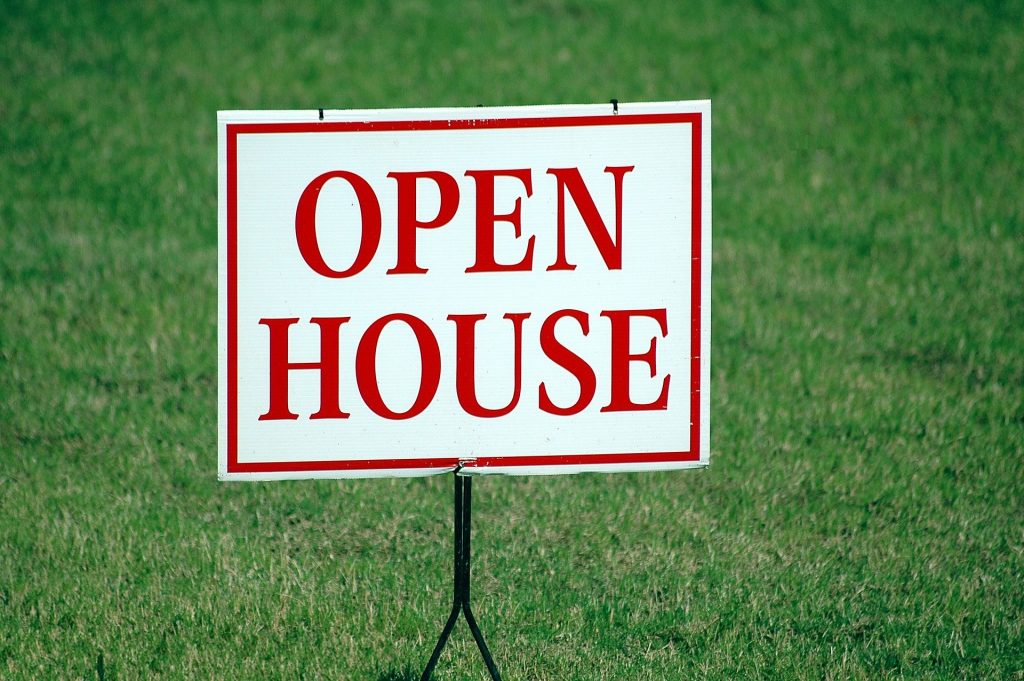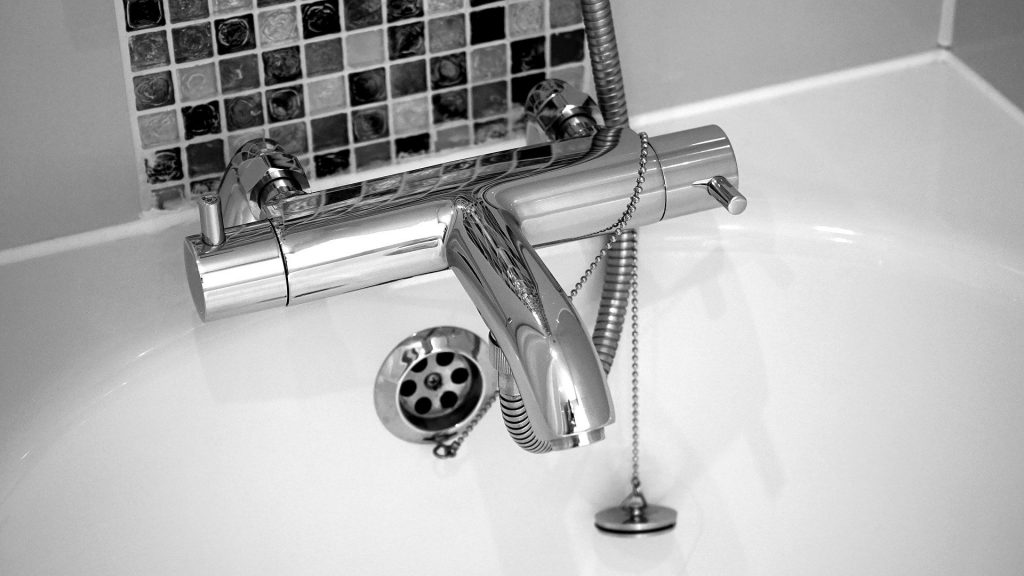What To Look For When Buying A New Home

What To Look For When Buying A New Home
When buying a new home, it’s important to know what you’re truly getting beyond the pretty photos on the real estate website. Knowing what you’re getting yourself into will greatly dictate what kind of insurance you’ll be needing, what your premiums will be, what lifestyle you’ll be leading, and how much you’re going to end up spending on maintenance. When you’re viewing a house (which you should ALWAYS do in person!), here are a few things to look out for:
Scope Out The Area

Always take an initial drive around the area. A first impression shouldn’t be ignored. See what the neighborhood is like, what amenities are available, and what the vibe is like around the city. This will often be the first test that filters out homes you know are not for you. The house can be the prettiest and best price you’ve ever seen, but if you hate what you step into the moment you walk out the door, this is not the home for you. It’s recommended to do this multiple times in a week; what a neighborhood looks and sounds like on a wednesday afternoon can be radically different to what it’s like on a Saturday night.
Know what you want.

Make sure you’re prepared with a list of things you want from the home, questions you have, and any concerns you’d like addressed. If it looked like there may be water damage in one of the photos, or it says the property is on a fault line for earthquakes, these may be things to address with your realtor or the seller while you’re there. The last thing you want is to get home after the viewing and realize you forgot to ask about crucial things.
Take somebody with you.

Never EVER view a house by yourself. Take someone you trust with you, a partner, friend, or a real estate agent. It’s much safer to do this, and it’s also good to have someone to give a second opinion and ask the questions you might not be thinking about.
Check the inside and outside of the property.

Once you’ve done your drive-by, make sure you pay close attention to the interior of the house. Are there areas that look unfinished? How old is the carpet? Are there stains? Does it look like there may be water damage, mold, or wear and tear in areas? What condition does the rood appear to be in? These are huge factors to consider as they will dictate how much you’ll end up needing to put into the maintenance of the home, and to negotiate an appropriate deal before buying.
Be thorough.

Don’t let anything get away under the radar. It’s important to remember that this is one of the biggest purchases you’ll make in your life. Don’t feel like you’re bothering anyone, being invasive or prying, or feel that anything simply “isn’t your business”. If you invest in this home, everything about it will be “your business”, as well as your responsibility. Check everything from the attic to the cupboards to the garage.
Check the plumbing.

Don’t assume the plumbing is fine. This can be one of the most expensive mistakes to make. Plumbers can be costly, but the damage that can occur from faulty plumbing can be even worse. You could end up with water damage inside the walls, under the foundation, or a major mold problem. Also, check for things for the water pressure, and whether or not the heating works.
How much are all the extras?

By “extras” we mean utilities such as air and heating (in peak months), property taxes, and HOA fees. These can add up to a massive amount, so they’re important considerations before you end up committing to a property.
- What comes with the house?
It’s important to know what stays and what goes. Those shelves in the garage? That cool sconce in the hallway? The curtains? Will you need to buy a fridge, or a washer and dryer? These can be important features that made you fall in love with the home, and they can also be expensive to replace if you need to. Know what you’re actually getting in the package. - What’s new?
Have there been any upgrades? Has any remodelling been done? Is there anything that needs to be upgraded? Be sure to ask for receipts for any work that’s been done. - Use your senses.
Don’t just look at the place.

Smell the air, feel the structure. Is there a funny smell, such as dampness, pet odors, or cigarette smoke? Touch the walls and surfaces. Do they feel damp, cool or uneven? These are clues that there is hidden damage that will need to be discussed.
Act respectfully.

Being amicable is always a good idea no matter who you’re dealing with, but it may end up going a long way when it comes to negotiating a deal on a huge purchase with the person you’re buying from. They may be more willing to work with you on price and stipulations for the deal
When looking for a property, it’s important to be smart about it. Keeping these few things in mind can make all the difference when it comes to making sure your investment is one that is both satisfying and worthwhile in the long run.
